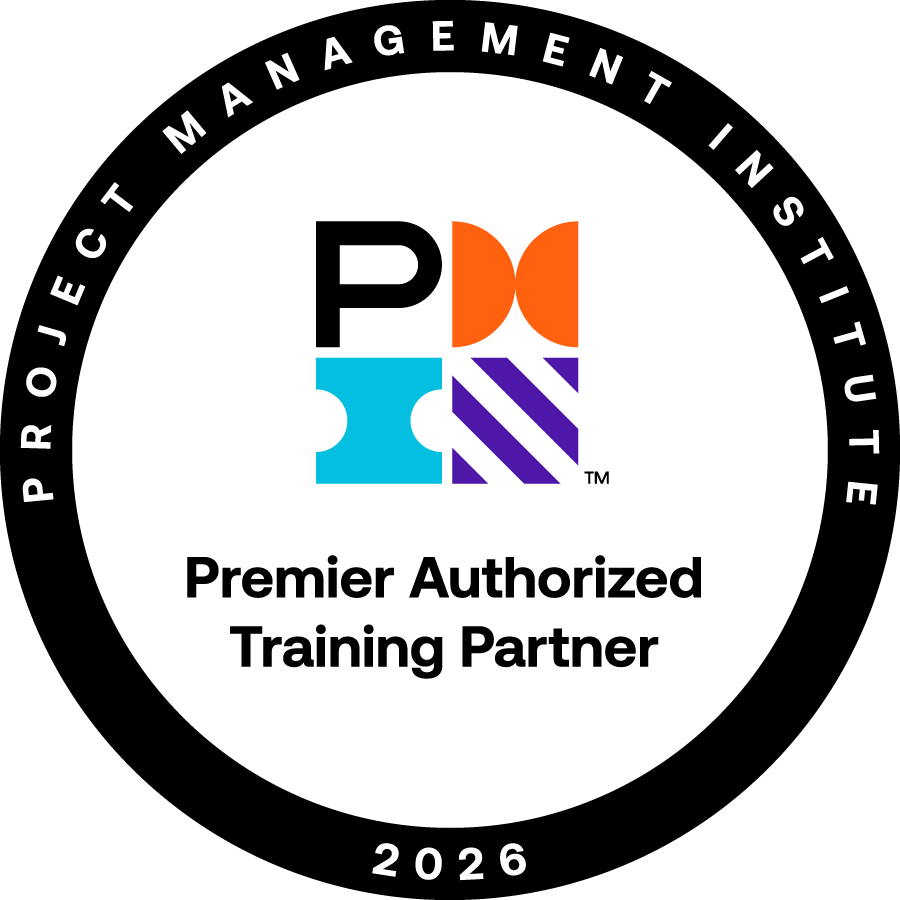Sustainability Based Project Management
the Future of Project Management.
Sustainability Based Project Management
the Future of Project Management.
What is Sustainability Based Project Management?
Sustainability-based project management creates long-term value while minimizing negative impacts on the planet and society. It seeks ways and means to integrate environmental (planet), social (people), and economic (profit) considerations during the planning and execution of projects. This is done to meet current needs of stakeholders without compromising or over burdening future generations.
Key Components Associated with Sustainability Based Project Management

- Stakeholder Engagement ensures that diverse perspectives are considered and that projects meet social needs.
- Risk Management though identification and mitigating risks associated with social consequences.
- Resource Efficiency where projects are undertaken based on the efficient use of human resources.

- Risk Management though identification and mitigating risks associated with environmental impacts and social consequences.
- Resource Efficiency where projects are undertaken based on reducing waste and energy consumption.

- Monitoring and Reporting through the adoption of continuous assessment of sustainability performance through metrics and reports helps track progress and make necessary adjustments.
- Lifecycle Thinking where considerations to minimize overall environmental impacts are made on the entire lifecycle of a project—from design and construction to operation and decommissioning—helps.
- Regulatory Compliance and Standards in which projects often adhere to environmental laws and sustainability standards, ensuring they contribute positively to the community and environment.
Why is it Important
for Sustainability Based Project Management to be Undertaken?
Sustainability based project management fosters a balanced approach to development that meets present needs without compromising the ability of future generations to meet theirs. It is important viewed from an environmental, social and profit perspective.
Social (People) Consideration
From a social perspective social equity and community well-being that promotes fair labour practices are maintained. This aspects contribute significantly towards the development of an equitable social ecosystem that maintains the delicate balance between social development and health and safety considerations of all stakeholders associated with projects.
Economic (Profit) Based
From a profit based perspective, a commitment to sustainable based project management leads to efficiencies that can reduce costs over time, such as lower energy usage or waste management expenses. In addition, addressing sustainability issues helps organizations identify and mitigate risks related to environmental impacts and social backlash, which can affect project success. Focusing on sustainability can drive innovation, leading to new products and services that meet growing market demands for eco-friendly solutions
Environmental (Planet) Based
How can Sustainability be Introduced in Project Management?
Define clear sustainability objectives in the project charter, such as reducing carbon emissions or promoting social equity.
Integrate sustainability objectives into the project scope during the planning stage.
Engage stakeholders to understand their sustainability concerns and expectations.
Conduct sustainable planning by assessing environmental impacts and identifying eco-friendly alternatives, including:
- Using sustainable materials.
- Utilizing energy-efficient technologies.
- Minimizing resource consumption.
Consider the entire lifecycle of project materials and resources, prioritizing renewable resources and implementing recycling and reuse practices.


What Reporting Standards have to be Considered for Sustainability based Project Management?
There are many standards that could be used to assess the level of sustainability being undertaken when managing projects. The most common standards that could be used include The Global Reporting Initiative (GRI) Standards that provide a comprehensive framework for sustainability reporting, helping organizations communicate their impacts on the economy, environment, and society.






